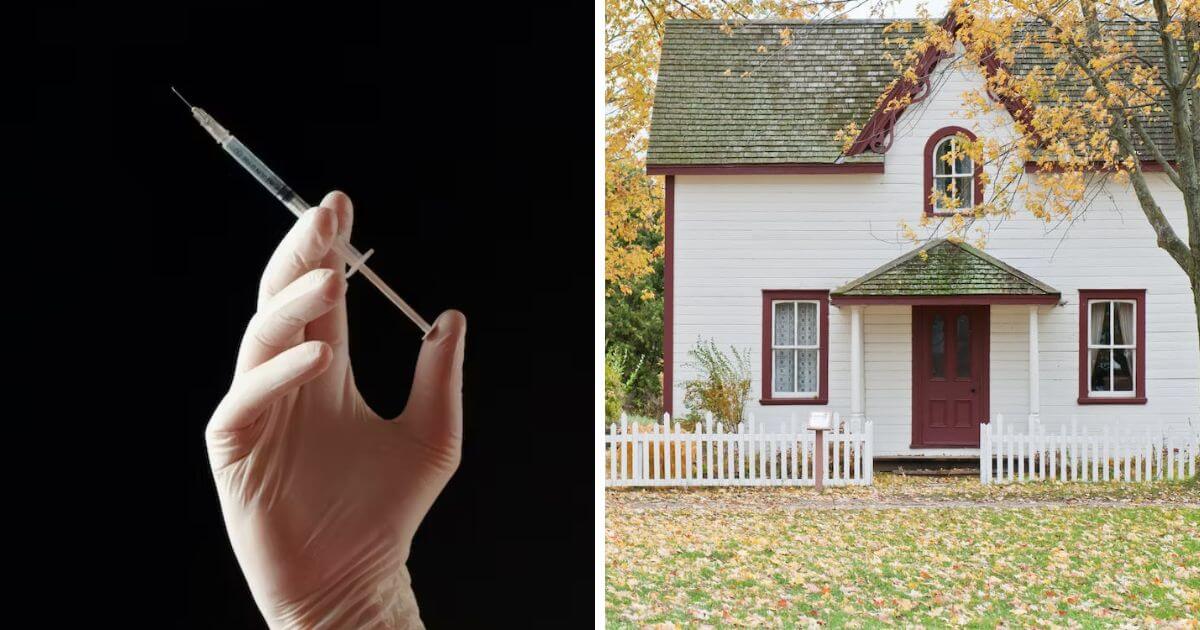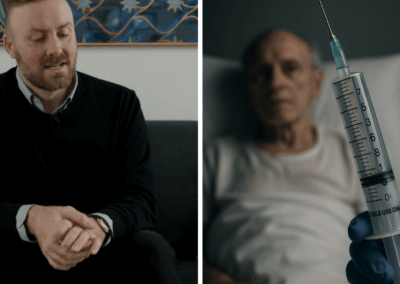A euthanasia group that set up Canada’s first “euthanasia house” is aiming to open similar “houses” where people can go to end their life through euthanasia throughout Canada.
In 2018, two years after euthanasia and assisted suicide had been made legal in Canada, a group of euthanasia advocates set up what they called a MAiDHouse (Medical Assistance in Dying House) in which people could have their lives ended in a non-clinical setting.
According to their annual report, “125 people (supporters and eligible patients) used” their euthanasia house.
However, five years after their beginning, they have been unable to find a permanent location in which they can administer euthanasia. The group has plans to have these euthanasia houses all over Canada even though they are only operating out of a temporary location in Toronto at the moment.
A ‘personalised’ euthanasia experience
While this initiative is funded through donations, other locations have sought to make financial gains from people wanting to end their own lives. Earlier this year, a funeral home in Canada launched a ‘personalised’ euthanasia service that starts at $700, which includes the option of watching a movie or drinking wine as you die.
The head of Complexe Funéraire du Haut-Richelieu, Mathieu Baker, said that launching the new service was a natural step for his company, which aims to provide customised care that meets clients’ needs.
Baker said “The person who made the decision is usually very convinced, but the kids, the siblings, or other family members aren’t necessarily on the same page”.
He said that many people do not want to die in hospital or in a care home where staff cannot provide a personalised experience of death.
“Do you want to watch a movie? Do you want a glass of wine? Some people want to be in groups of four or five, and we’ve had groups of up to 30 people”.
The digital newspaper La Presse raised questions about whether it is appropriate to make money off people being euthanised and their families.
One in five cite loneliness as a reason to want to die
In 2021, 10,064 lives were ended by assisted suicide or euthanasia, an increase of over 32% from the previous year, accounting for 3.3% of all deaths in Canada.
According to the latest report on Medical Assistance in Dying from Health Canada, 17.3% of people also cited “isolation or loneliness” as a reason for wanting to die. In 35.7% of cases, patients believed that they were a “burden on family, friends or caregivers”.
Statistics from the state of Oregon, which made assisted suicide legal in 1997, show that most end-of-life concerns are not medical. The Oregon Health Authority report for 2021 says that 54.2% of patients were concerned with being a “burden on family, friends/caregivers”. 92% of patients were concerned with being “[l]ess able to engage in activities making life enjoyable”. 93.3% were concerned with “losing autonomy” and 68.1% were concerned with “loss of dignity”. Of the total who have died since 1997, 27.5% have listed “inadequate pain control, or concern about it” as one of their end-of-life concerns.
Right To Life UK spokesperson, Catherine Robinson, said “It is deeply sad to see the growth of the ‘euthanasia industry’ but, with the legalisation of euthanasia, it was inevitable that someone would try to make money from it”.
“However well-meaning supporters of these initiatives might be, they create the possibility for further exploitation of the most vulnerable as funeral homes attempt to profit from the despair of people who need assistance to live, not to die”.












